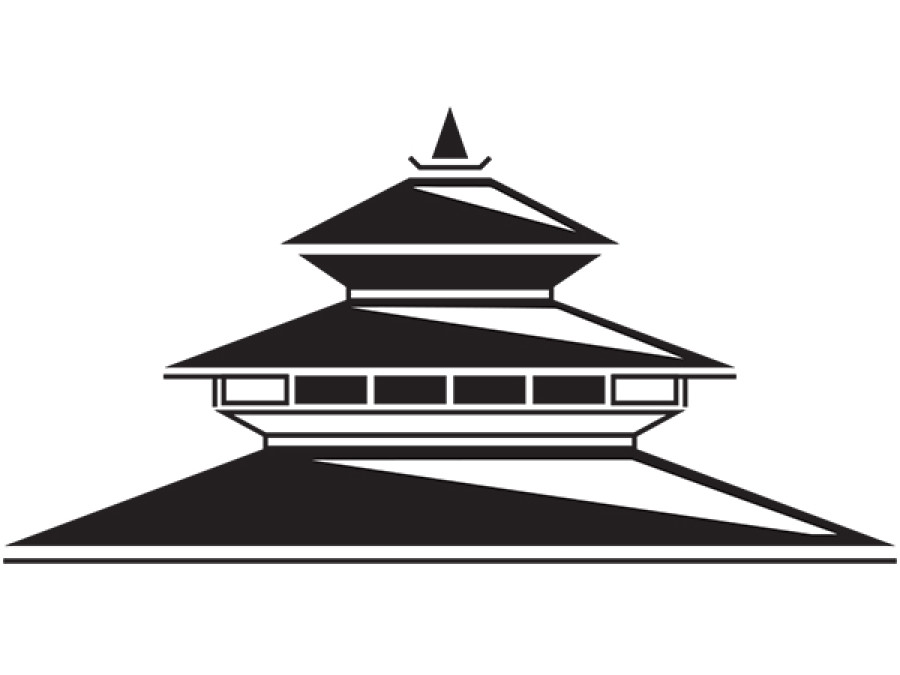Editorial
Half a milestone
Maoist leader Dhungel’s arrest for war-era murder should now be followed by broader prosecution
The Maoist leader Bal Krishna Dhungel has finally been arrested, many years after his initial conviction in 2004 for murdering Ujjain Shrestha in Okhaldhunga. While he spent a short time in jail after his conviction, Dhungel was released in 2006 after the Rajbiraj Appellate Court found he was not guilty. The Supreme Court overturned the Rajbiraj court’s decision in 2010, but Dhungel remained free, largely because he was protected by the CPN (Maoist Centre).
In April this year, the Supreme Court ordered the police to arrest Dhungel within a week. But this ruling was not implemented. Finally, advocate Dinesh Tripathi filed a writ petition against the Nepal Police chief for failing to arrest Dhungel. The police arrested him less than a week after the writ was filed. It is unclear whether the two incidents were connected.
Dhungel’s arrest is a positive sign on a number of fronts. Over the past few years, there have been numerous times when the government has failed to obey Supreme Court decisions, severely undermining the rule of law. Dhungel’s arrest is an indication that court verdicts cannot be as easily flouted by the politically powerful. It is also an indication that Nepal Police is not completely controlled by the political parties. In this case at least, the police acted independently.
It is possible, nonetheless, that the police were able to arrest Dhungel because the Maoists are not currently in government.
More broadly, Dhungel’s arrest marks a milestone in the transitional justice process. Many activists regard this case as an emblematic one. And the fact that Dhungel is now arrested shows that the transitional justice process, or even the peace process for that matter, is not over, and that justice may still be possible in this country.
However, Dhungel’s arrest alone is not a panacea for all the wounds of the conflict. The transitional justice commissions are moribund and there is no sign that there will be broader prosecutions. If Dhungel remains one of a handful of people arrested for human rights violations committed during the war, it will appear to many people that he was a victim of selective justice. For, there are many others who were involved in violations. It would be unfair to Dhungel if only he and a few others were to spend time in jail.
Furthermore, one arrest will not help the nation come to terms with its history of violence. A much broader transitional justice process will be necessary. And this cannot happen until the government amends the transitional justice legislation in line with the Supreme Court judgment of 2015 and the demands of rights activists. While this might not currently be possible since Parliament is dissolved, we hope that the legislation will be amended as soon as Parliament convenes after the elections.




 9.7°C Kathmandu
9.7°C Kathmandu














